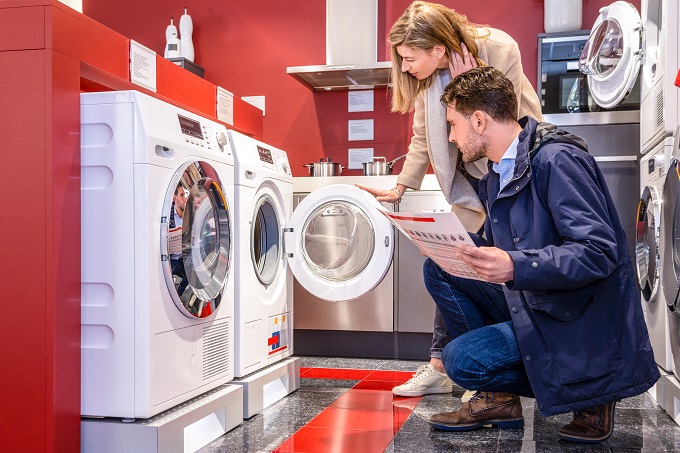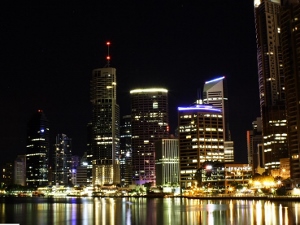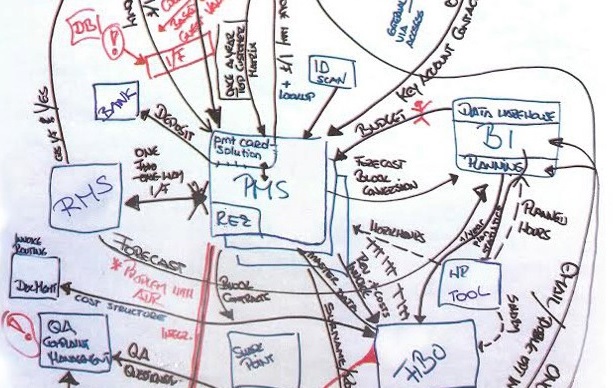Cruisers funnelling resources into major sustainability gains, say chiefs
Australia and New Zealand’s three leading cruise organisations have created a guide showing off their green credentials and highlighting their active role in preserving the world’s waterways.
Cruise Lines International Association (CLIA), Australian Cruise Association (ACA) and New Zealand Cruise Association (NZCA) have released a new Cruise Industry Sustainability Guide to highlight the work being done by the industry to maintain the health of waterways globally and locally.
Although cruise ships represent less than one percent of global shipping, the sector claims to be taking the lead in underscoring the importance of ocean sustainability and responsibility.
CLIA Australasia managing director Joel Katz said: “Each day across our industry, individual cruise lines are working to improve upon this record through strategic partnerships with leading national and international organisations, investment in new technologies, and complying with, and in many cases, exceeding international standards through a range of important initiatives.”
The guide will be distributed to the members of each organisation, who are being urged to send it on to their broader communities to increase awareness of the work being done by the cruise industry.
“The Australian Cruise Association is committed to working with the cruise lines, the ports and the destinations recognising the crucial role of connectivity between all parties,” says Jill Abel, CEO of the Australian Cruise Association.
“We want to develop viable short and long-term solutions for a sustainable and exciting future for our industry.”
Kevin O’ Sullivan, chief executive of the New Zealand Cruise Association, said the cruise industry had become an “important part” of New Zealand’s tourism economy.
“The New Zealand Cruise Association is pleased to be able to work with ACA and CLIA on this guide for our region as it provides a succinct overview of the considerable work that the cruise industry does to preserve our environment both locally and internationally,” he said.
The initiatives in the guide fall into five categories:
- Cleaner fuel and reduced emissions
CLIA is working with the International Marine Organisation (IMO) toward a 30 percent reduction in new marine vessel CO2 emissions by 2025 and says the cruise industry is taking a leading role in preparing for the IMO’s 2020 global sulphur cap. Technologies such as exhaust gas cleaning systems which significantly reduce the level of sulphur oxides in a ship’s exhaust will form a key component of this strategy.
- Reduce, reuse, recycle
Cruise ships reuse almost 100 percent of waste generated on board through recycling, donating and converting waste into energy.
The industry recycles more than 80,000 tons of plastic, aluminium and glass every year.
Cruise lines are also working to reduce the amount of plastic brought onboard through smart sourcing and minimising single-use products such as straws, water bottles and unnecessary packaging. Condensation from air-conditioning units is often reclaimed and reused, saving more than 80 million litres of water every year.
- Waste management practices
Cruise lines say they have established procedures for the safe and hygienic collection, separation and processing of waste on board including garbage, grey water, sewage, oily residues, sludge oil and bilge water.
- Destination sustainability
CLIA, ACA and NZCA say they are working with the cruise lines to support port infrastructure needs, while consultation and education are being provided on how to manage visitor experiences and economic income for destinations.
The organisations claim the sector is a leader in visitor dispersal, with regional destinations now providing exciting itinerary additions to attract passengers to new ports on their Australian and New Zealand itineraries.
Cruise lines are working with shore excursion operators and the destinations to get the balance right between popular tours and spacing out delivery, broadening the choices that passengers have in port to spread out the impact of cruise tourism.
- Working together
The industry is working together regionally and within the global community to drive sustainability initiatives, including with government bodies and organisations such as the World Ocean Council and the Great Barrier Reef Marine Park Authority to explore best practice.

AccomNews is not affiliated with any government agency, body or political party. We are an independently owned, family-operated magazine.






